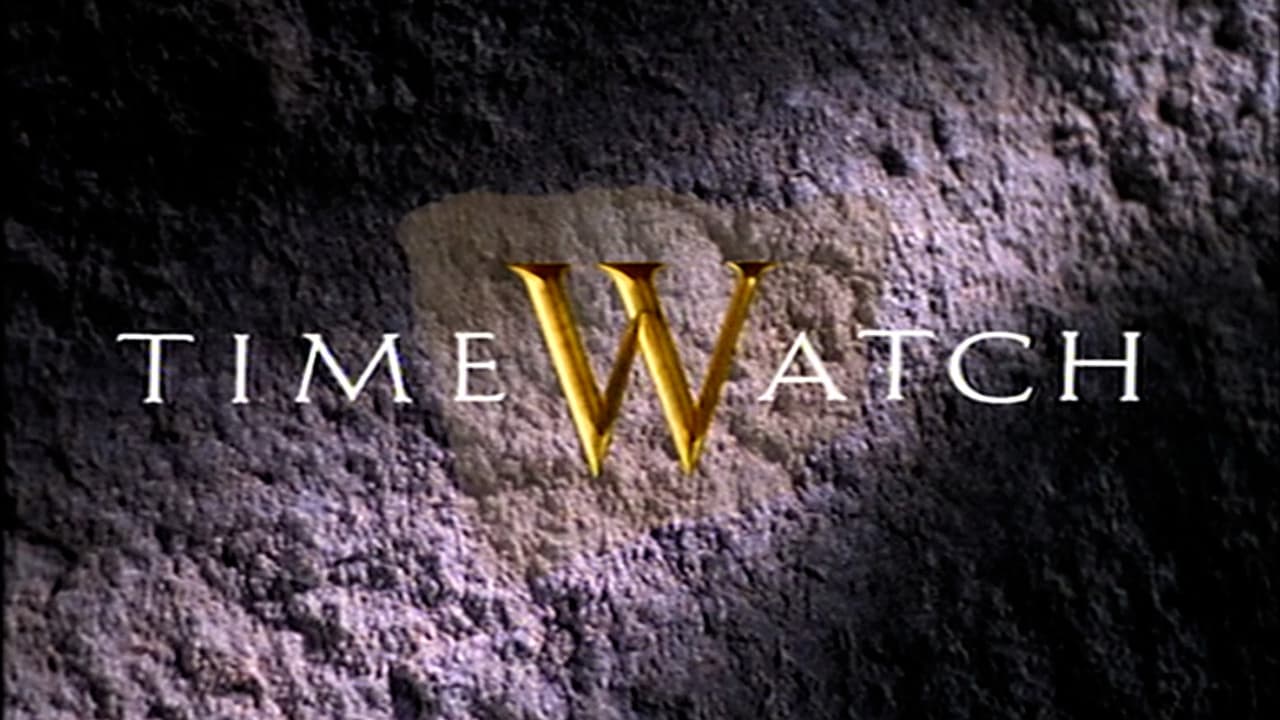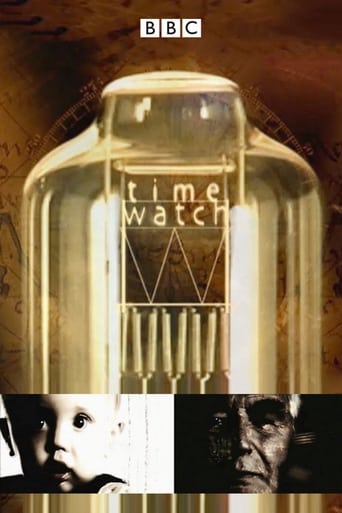Timewatch Season 15

Timewatch is a long-running British television series showing documentaries on historical subjects, spanning all human history. It was first broadcast on 29 September 1982 and is produced by the BBC, the Timewatch brandname is used as a banner title in the UK, but many of the individual documentaries can be found on US cable channels without the branding.
Watch NowWith 30 Day Free Trial!
Timewatch
1982 / TV-PG
Timewatch is a long-running British television series showing documentaries on historical subjects, spanning all human history. It was first broadcast on 29 September 1982 and is produced by the BBC, the Timewatch brandname is used as a banner title in the UK, but many of the individual documentaries can be found on US cable channels without the branding.
Watch Trailer
Timewatch Season 15 Full Episode Guide
Forty years ago this week, thousands of Hungarians demonstrated on the streets of Budapest in protest against Soviet occupation of their country and communist oppression. Subsequent Soviet retribution resulted in the deaths of between 3,000 and 5,000 Hungarians. Ex-revolutionaries Bela Liptak, Greg Pongratz, and Imre Mecs reunite to watch Jeremy Bennett's 1986 film 'Cry Hungary' and discuss how far the ideals of the revolution were achieved.
Tonight's documentary visits the small mining village in South Wales where, in October 1966, disaster struck when a coal tip above the village collapsed and crashed down the hillside at speed, sweeping everything up which lay in its path. How are the villagers coping with their grief 30 years on? This respectful documentary commemorates the disaster and features archive footage alongside contemporary interviews with some of the survivors and the bereaved parents.
From 1948-64 Curtis E LeMay and Thomas Power controlled the nuclear bombers and missiles of the USA's Strategic Air Command, the most powerful military force the world has ever seen. But it is now believed that, without the president's knowledge, they built up a huge nuclear arsenal and provoked the Kremlin. Timewatch has uncovered a secret plan that risked a Third World War in the sixties.
For half a century the Soviet Union's labour camps made virtual slaves of millions of Russians. Tens of thousands of foreigners were also caught up in this nightmare world. Using newly-released film from the Soviet archives and testimonies of former prisoners, Timewatch traces the history of these slave-labour camps.
A hundred years ago, gold was discovered on a tributary of the Klondike River in north-west Canada, sparking off an extraordinary stampede across the snowbound passes of the Yukon. Will White from Dorset was one of the thousands of amateur prospectors who set out to make their fortune. White's story, gleaned from his letters home, is interwoven with tales of colourful characters of the time.
Rennes-le-Chateau in southern France is home to one of the century's greatest conspiracy theories. For over a century there have been rumours about treasure buried beneath its streets. This edition of Timewatch sets out to solve the mystery and to separate fact from fiction.
When General Norman Schwarzkopf planned and executed the Gulf War's "Desert Storm", he looked to the history books for his strategy and found his inspiration in the distant figure of Hannibal. First of a seven-part series.
A special edition of the historical documentary series. Field Marshal Sir Douglas Haig has been lampooned as the worst type of British officer for his command of the army in the First World War. But did he, as accused, send thousands of British to a futile death? On the 80th anniversary of the battle of the Somme, Timewatch explores a newly emerging historical debate.
Had documentary film-makers roamed the streets of London in the mid-19th century, they would have encountered an extraordinary range of characters. A rat catcher, a woman who sells dog dirt, and a depressed street clown are brought to life in this programme, capturing their tragic, amusing, and moving stories. Based on transcribed interviews with a wide range of working people as part of a survey of London labour and life by Henry Mayhew, the Victorian journalist and founder of Punch magazine.
A 1973 documentary from the 'Man Alive' series portrayed the lives of six teenage male offenders and their time in Peper Harow, a community in Surrey that promoted a policy of treatment rather than punishment. This film shows the youngsters as they were then and, over two decades later, updates their stories. Was the radical Peper Harow rehabilitation experiment a success? Have the men managed to break the cycle of violence that was such a part of their lives?
Four hundred years ago today, Sir Francis Drake was buried at sea off the coast of Panama after unsuccessfully trying to recapture past glories. History records that his reputation lay in tatters just eight years after defeating the Spanish Armada. This film retraces his strange final odyssey and finds that, contrary to prevailing belief, it was a shrewdly planned venture thwarted by ill fortune. The truth lies with the Guayou Indians of Colombia, in the letters of the men who sailed with him, and with those who tried to stop him.
Some historians have always suspected that Stalin was behind the Korean War, but the Soviets have denied involvement. By obtaining documents from recently opened archives and finding new eyewitnesses, Timewatch has uncovered evidence that Stalin was involved in the war and that over 70,000 members of the Soviet military took part.
The temple at Karnak in Egypt, founded around 1500 BC, was the greatest religious shrine of the ancient world, taking 2,000 years and the work of 80,000 people to complete. Yet much of what went on behind its walls was kept hidden. With the aid of computer reconstructions and film shot at religious sites in Egypt, Timewatch reveals its fascinating hidden history.
Free Trial Channels
Seasons


























